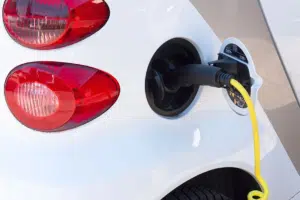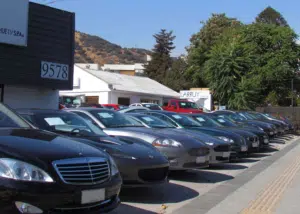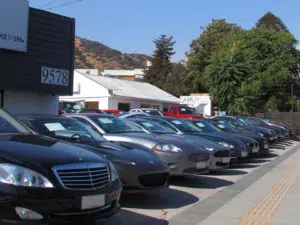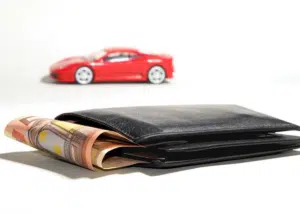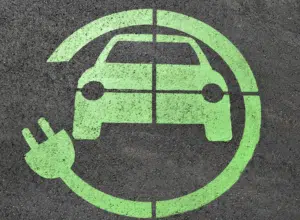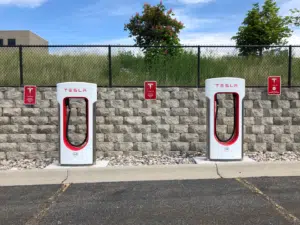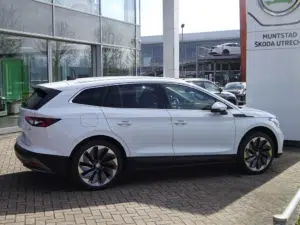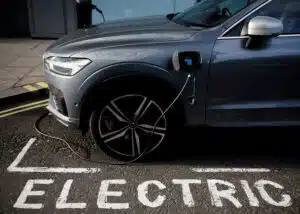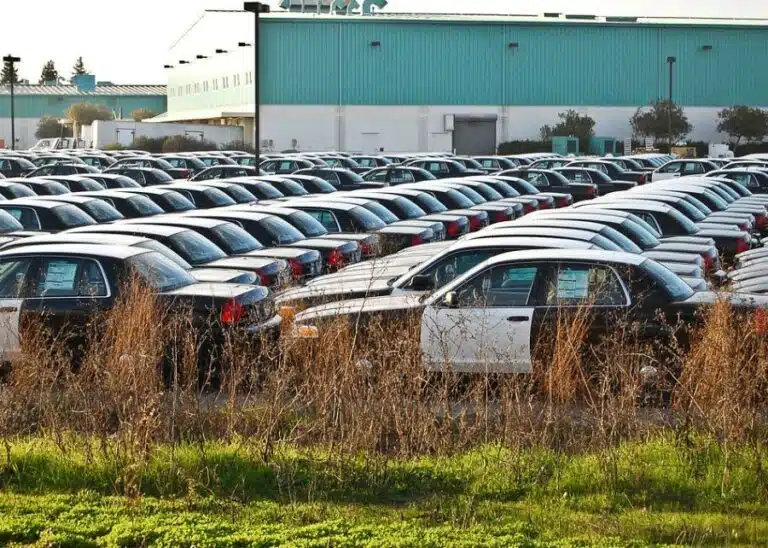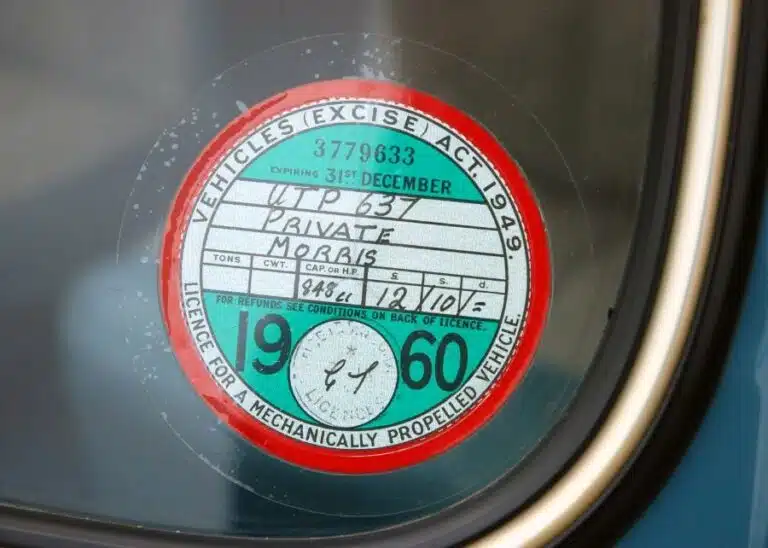It turns out that electric vehicle drivers are willing to pay more to reserve a public chargepoint because of the lack of availability and accessibility of charging infrastructure in the UK.
A survey of 1,000 electric car drivers by charge point installer SMS reveals that more than two-thirds would pay extra charges to ensure they could power up their cars when needed, according to Current News. The survey also found that 67% of the EV owners wished they had known more about the availability of public charging infrastructure before making the switch to electric cars.

Electric car charging – how it works and how much it costs
The government has promised that 300,000 chargers will be in place by the time it bans new petrol and diesel vehicle sales in 2030, but progress towards that goal appears slow. Some car makers and local authorities are campaigning for more on-street chargers on lamp posts and bollards, while others argue that ultra rapid charging hubs are a better solution.
According to the RAC, electric car charging is the process of supplying electric energy to the battery of an electric car. Electric cars can be charged at home, at work, or at public charging points. The cost and speed of charging an electric car depend on several factors, such as the type of charger, the electricity tariff, the battery capacity, and the state of charge.
There are three main types of chargers for electric cars: slow, fast, and rapid. The cost of charging an electric car varies depending on where and how you charge it. Charging at home is usually the cheapest and most convenient option, as you can use your domestic electricity supply and pay your regular electricity tariff.
Charging at public charging points can be more expensive and less convenient than charging at home, as you may have to pay a fee, register with a network, or use a specific payment method. The cost of public charging can vary depending on the location, provider, type, and speed of the charger, says Which?.
Free electric car charging points
According to EDF Energy, there are thousands of free electric car charge points in the UK, often located in supermarkets, shopping centres, public car parks, hotels and sometimes service stations1. However, there may be some restrictions or conditions for using them, such as a time limit or a purchase requirement, says Auto Express. You can use online tools such as Zapmap or Pod Point to find and compare different types of chargers near you.
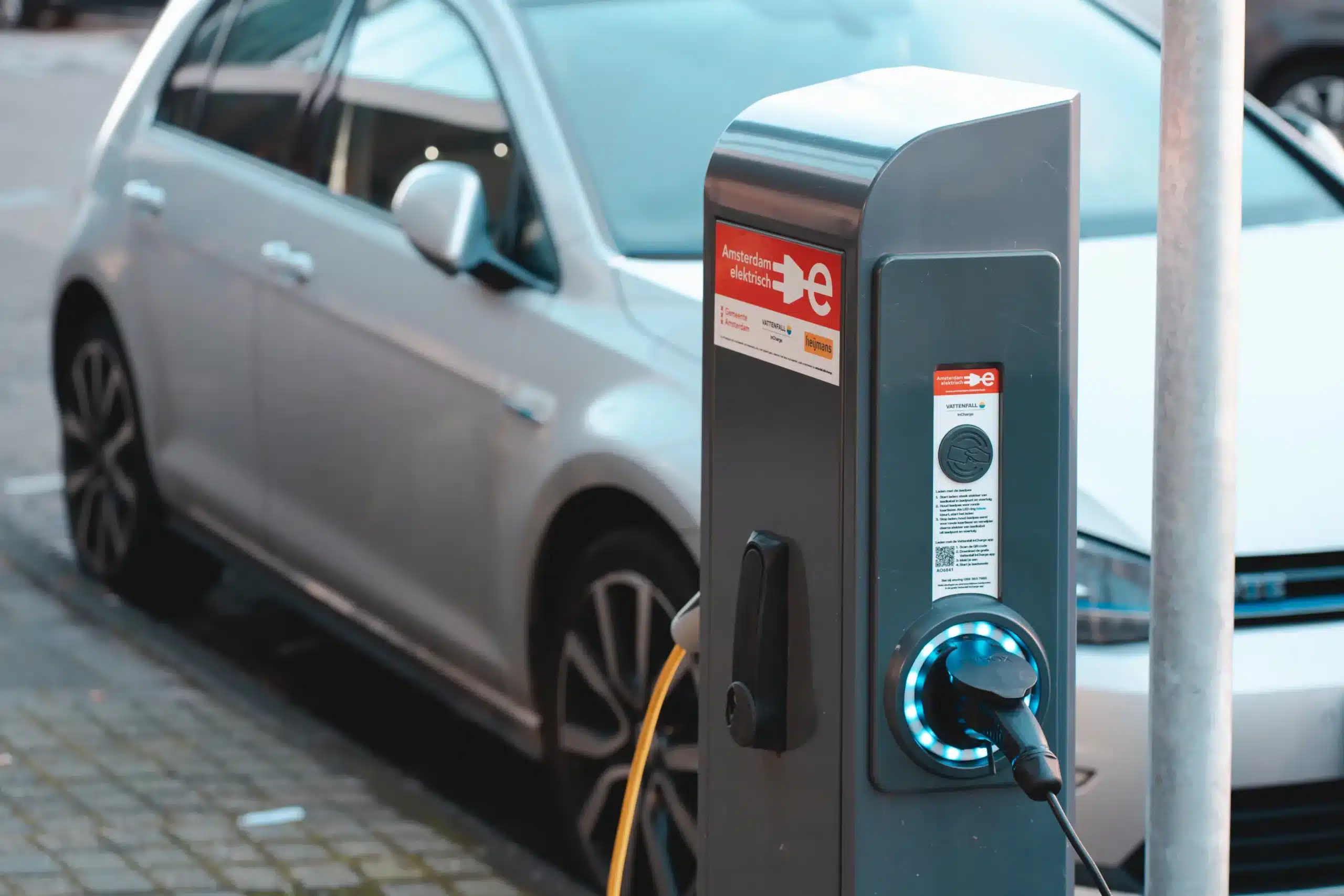
How do electric car charging points work?
Electric car charging points work by connecting to your electric car and transferring the power supply directly to the traction battery pack. Unlike other vehicles, electric vehicles have an electric motor in place of a combustion engine.
Electric car batteries can only be charged by direct current (DC) electricity, while most mains electricity is delivered from the power grid as alternating current (AC). For this reason, most electric vehicles have a built-in AC-to-DC converter commonly known as the “onboard charger” says the RAC.
There are three basic ways to charge an electric car: at home, at work, or at a public charging point. The cost and speed of charging depend on several factors, such as the type of charger, the electricity tariff, the battery capacity, and the state of charge.
To use an electric car charging point, you may need to download an app, register with a network, or use a specific payment method. Some public chargers are free to use, while others may charge a flat rate, a per-minute rate, a per-kWh rate, or a combination of these, says Which?. You can use online tools such as Zapmap or Pod Point to find and compare different types of chargers near you.
Who manufactures electric car charging stations?
There are many manufacturers of electric car charging stations in the world, but some of the most prominent ones are:
Tesla: This is a US-based company that produces electric cars, batteries, and charging stations. Tesla has its own network of Superchargers, which are rapid chargers that can deliver up to 250 kW of power and charge an electric car to 80% in about 20 minutes. Tesla also offers Destination chargers, which are slower chargers that can deliver up to 22 kW of power and are located at hotels, restaurants, and other places.
ABB: This is a Swiss-based company that provides electrification, automation, and digitalization solutions. ABB has sold more than 460,000 EV charging units, 21,000 of which are DC fast chargers. ABB offers Terra chargers, which are rapid chargers that can deliver up to 350 kW of power and charge an electric car to 80% in less than 15 minutes, says Licarco.
ChargePoint: This is a US-based company that operates the world’s largest network of EV charging stations. ChargePoint has more than 132,000 EV charging units, 2,000 of which are DC fast chargers. ChargePoint offers Express Plus chargers, which are rapid chargers that can deliver up to 500 kW of power and charge an electric car to 80% in less than 10 minutes.
Can electric cars charge themselves?
It would be great if they could but sadly, electric cars can’t charge themselves and they do indeed need electric car charging cables so that they can charge, ready to go on the road. Similar to a petrol or diesel car, an electric car needs to be refuelled with a charge every now and then to keep it going.
EV drivers will be more than familiar with having to charge their electric car’s battery from time to time, whether that’s at a wall outlet or a charging station. However, some electric cars have features that can help them recover some energy and extend their range, such as regenerative braking.
Regenerative braking is a process where the electric motor works in reverse when the driver slows down or brakes, and converts the kinetic energy of the wheels into electricity. This electricity is then stored in the battery and can be used later to power the car. Regenerative braking can reduce the energy loss and increase the efficiency of electric cars, but it cannot fully charge them, says Rechargd.
Therefore, electric cars cannot charge themselves, and they still need to rely on external power sources to recharge their batteries. However, electric car charging technology is constantly improving, and there may be new ways to make electric car charging faster, cheaper, and more convenient in the future.

How many electric vehicle charging points are there in the UK?
The number of electric vehicle charging points in the UK varies depending on the source and the date of the data. However, some of the estimates are:
As of 1 January 2022, there were 28,375 public electric vehicle charging devices available in the UK, of which 5,156 were rapid chargers.
As of 31 August 2023, there were 48,450 electric vehicle charging points across the UK, across 29,062 charging locations, of which 9,700 were rapid chargers.
It’s clear that the number of electric vehicle charging points in the UK is growing rapidly and significantly over time. However, they also indicate that there may be a gap between the supply and demand of charging infrastructure, as some experts suggest that the UK will need 2.3 million charging points by 2030 to keep up with the predicted demand. Therefore, more investment, innovation, and collaboration may be needed to ensure that electric vehicle drivers can access convenient and affordable charging options.
How to find electric car charging points
EV charging points for electric vehicles are pretty much nearly everywhere these days. Electric car batteries need charging more often than not so finding a charging point sooner rather than later is always a good idea.
As mentioned above, if you want to find electric car charging points near you, you can use online tools such as Zapmap or Pod Point, which are UK-wide maps of electric car charging points that help electric car drivers locate and navigate to their nearest EV charging point. You can search and filter for electric car charging points, as well as plan electric routes with the smart route planner.
You can also use Google Maps to search for “EV charging stations” and see the location, type, and availability of the chargers in your area.




















